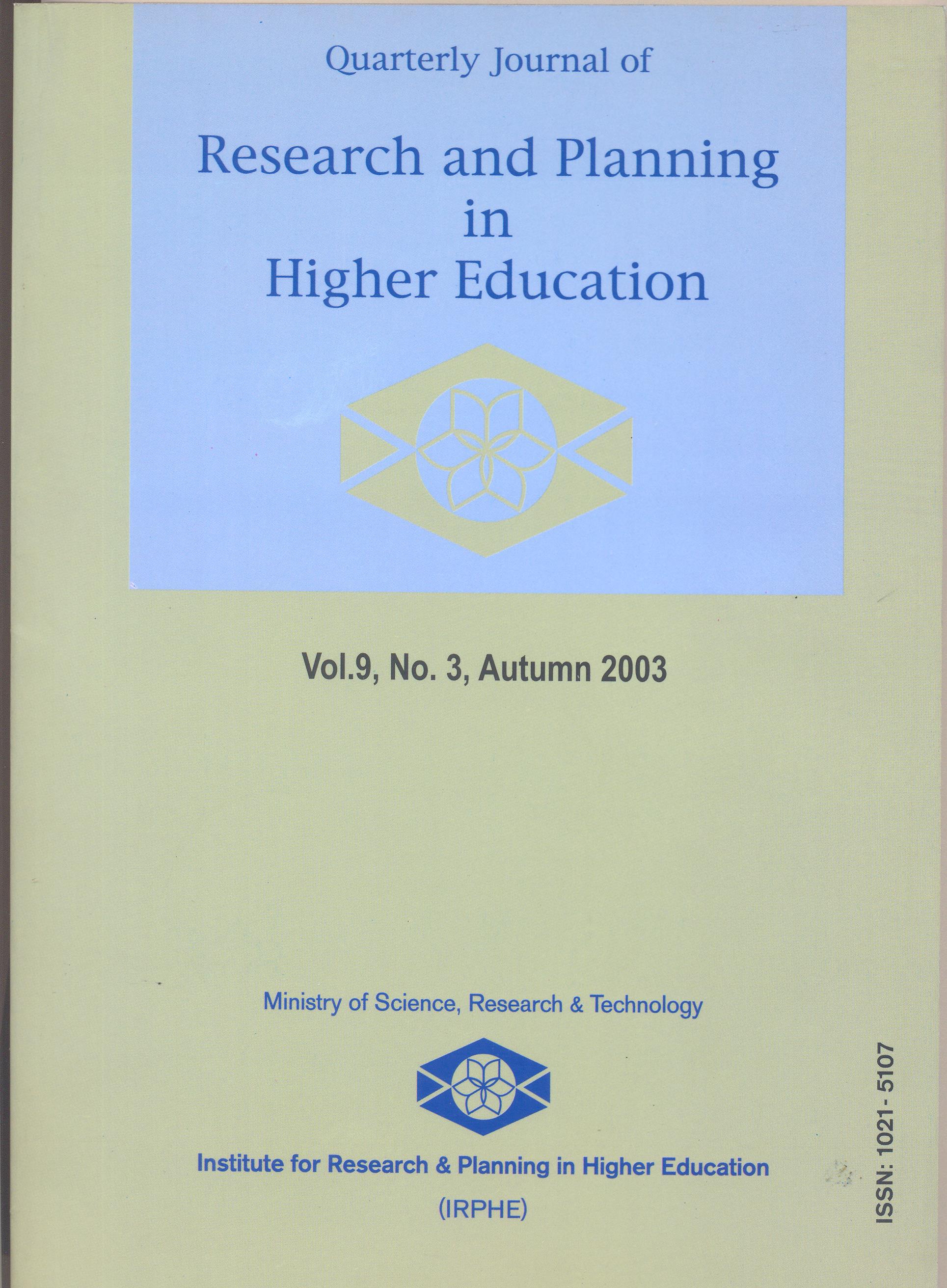Educational Leadership in Iranian Public Universities
Author
Faculty member of Institute for Research in Planning & Development
Abstract
Central aim of the present research is to provide an effective leadership model for public universities on the basis of organizational climate and the administrator's personality traits.
A total of 100 university administrators and 300 of their colleagues of public universities in 16 Iranian provinces were chosen at random for the research. Gordon,s personality profile and list was used for the administrators and Litwin & Stringer,s organizational climate questionnaires, as well as Romsden,s effective educational leadership questionnaire were given to their colleagues. The responses of 80 administrators and 213 of their colleagues were analyzed.
The effective educational leadership questionnaires used criterias such as focus on goals, encouragement, work, transformation, understanding, and the human element. Descriptive observations indicate the administrators exhibited highest degree of accountability and lowest degree of sociability among the profile traits. Among the Gordon qualities, innovative thought was imperceptibly weaker than the other three traits among the administrators. Multiple regression and correlation analyses were used to study the relationship among factors conducive to personality traits, organizational climate, and effective educational leadership and to find the best model to show their variances.
Keywords
 Quarterly Journal of Research and Planning in Higher Education
Quarterly Journal of Research and Planning in Higher Education
